God of Gamblers actress and Stephen Chow co-star Sharla Cheung: her career
God of Gamblers actress and Stephen Chow co-star Sharla Cheung: her career
“But this is the first time I worked on a project where everybody came from similar backgrounds. Although I was accepted in Asia, I was still kind of an outsider. On something like Westworld, I was the only Asian person on set, right?
“This was a situation where we all had similar backgrounds, similar experiences, and we’re telling a story about our experiences.”
A few years later, he started learning kung fu at age 12. His passion for Chinese martial arts persisted and he founded the wushu club at his university in 1994.
At 23, Wu graduated with a bachelor’s degree in architecture from the University of Oregon. This was 1997, and for his graduation trip, he travelled to Hong Kong to use the city as his base to travel around East and Southeast Asia for a few months before going back to the US to find a job.
Aside from wushu, Wu was also interested in film.
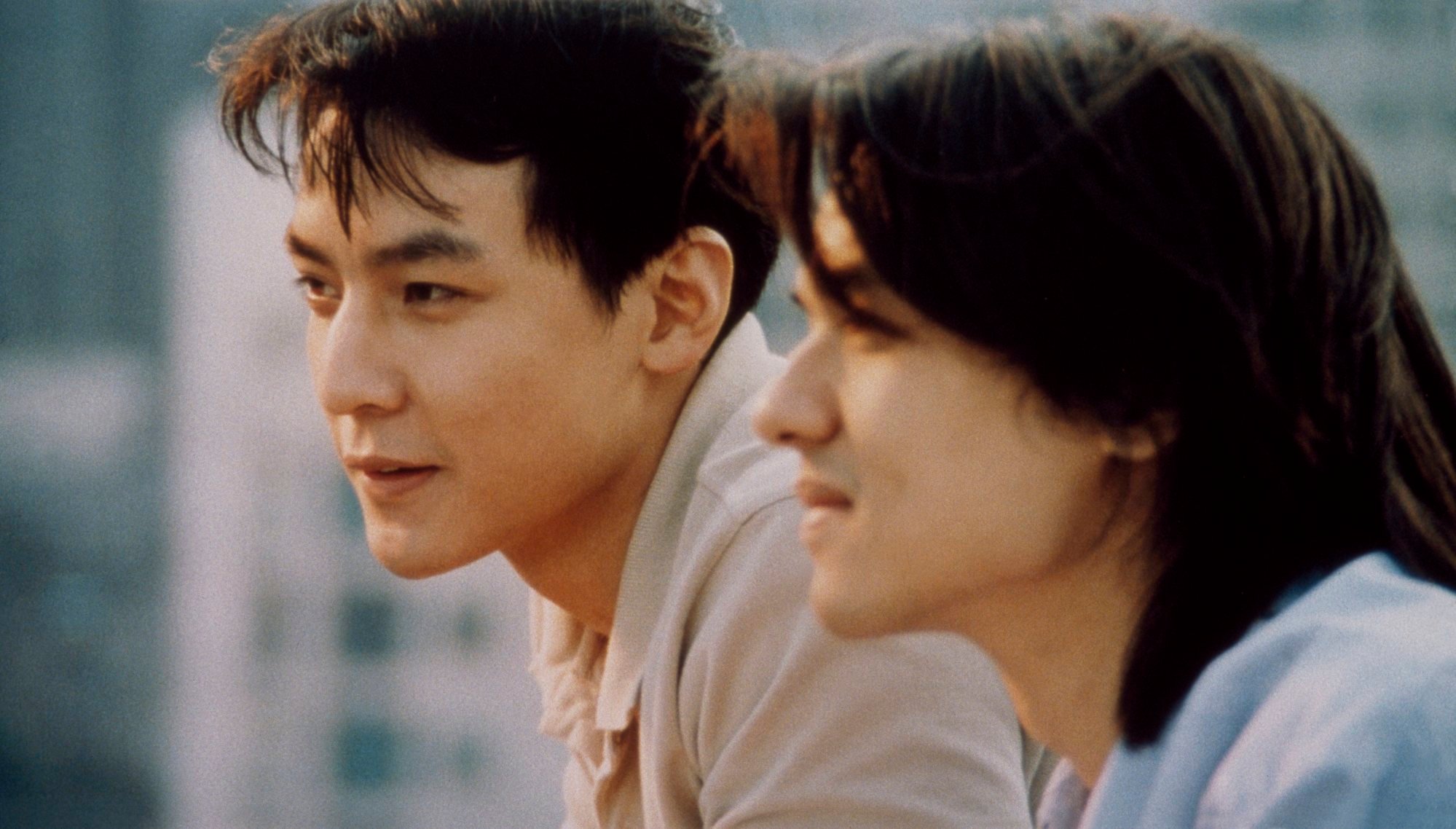

Most of these are action movies or romantic comedies – making use of Wu’s martial arts skills and his good looks.
“I kept getting other work. And it just never stopped,” Wu said, admitting that he was “extremely lucky” in a 2010 interview with HK Magazine. “A lot of people who try to get into the business for years and years and years never get anywhere, and I just fell into it.”
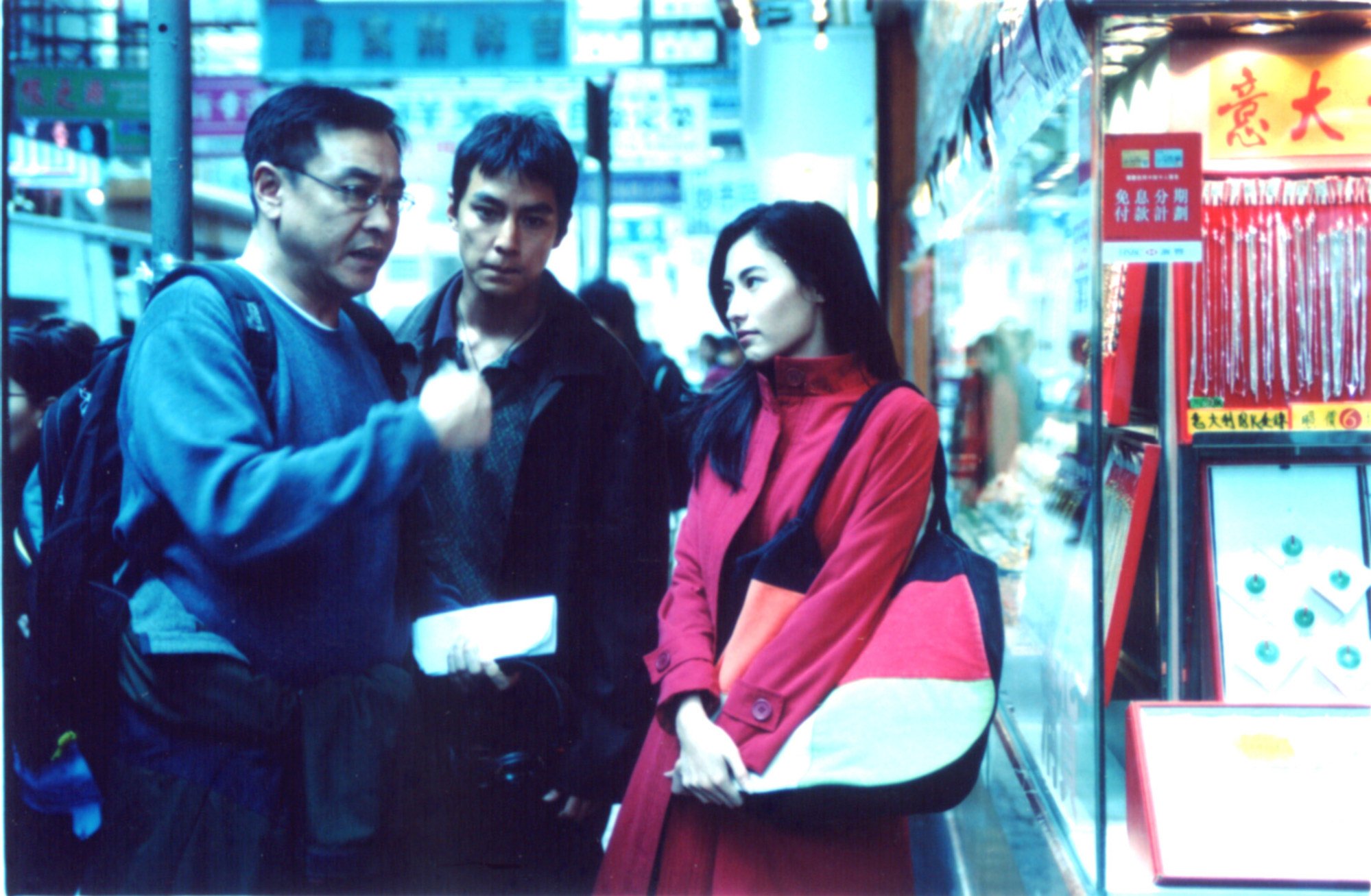
Wu fell in love with working on films after seeing how people from different walks of life come together in a passionate and creative environment to make a vision come true.
He also dabbled in directing and producing. In 2006, he wrote, directed and starred in the Hong Kong entertainment industry mockumentary The Heavenly Kings, for which he won the best new director award at the Hong Kong Film Awards. At the time, he said that it was a “group effort”.
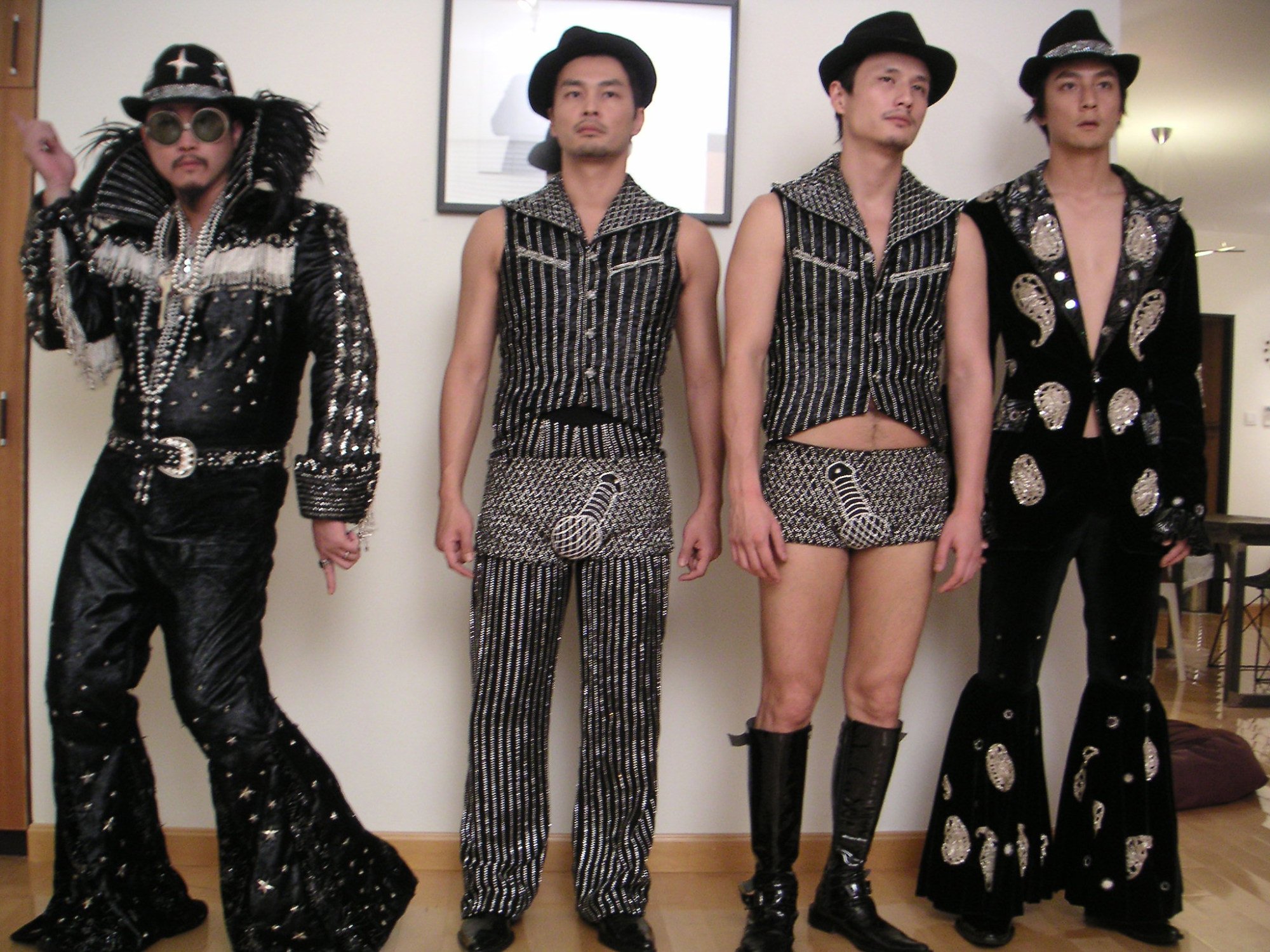
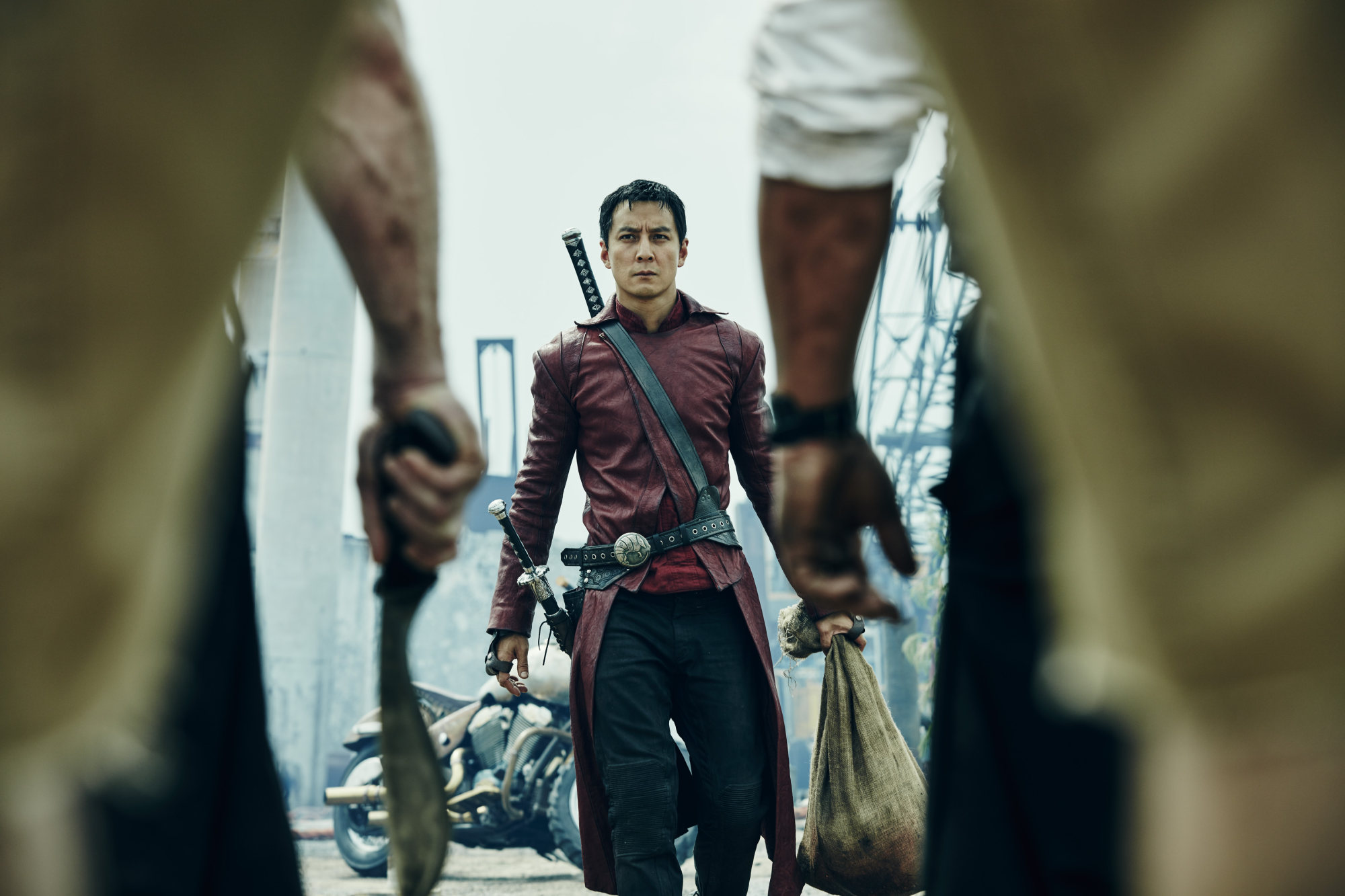
“As an American, I had to go to Asia to become a star, to come back here to be able to do something cool like Badlands.
“Because I started my career there and people have known me since the very beginning, I’ve been taken into the fold [and] had a unique opportunity to be accepted by the culture – not just Hong Kong, but China and Chinese-speaking Asia in general.”
Despite being an established name in Hollywood, Wu hasn’t forgotten about his architecture education. In 2010, he told the Post that architecture school helped him “formulate a creative process of how to start from an idea and make that a reality”.
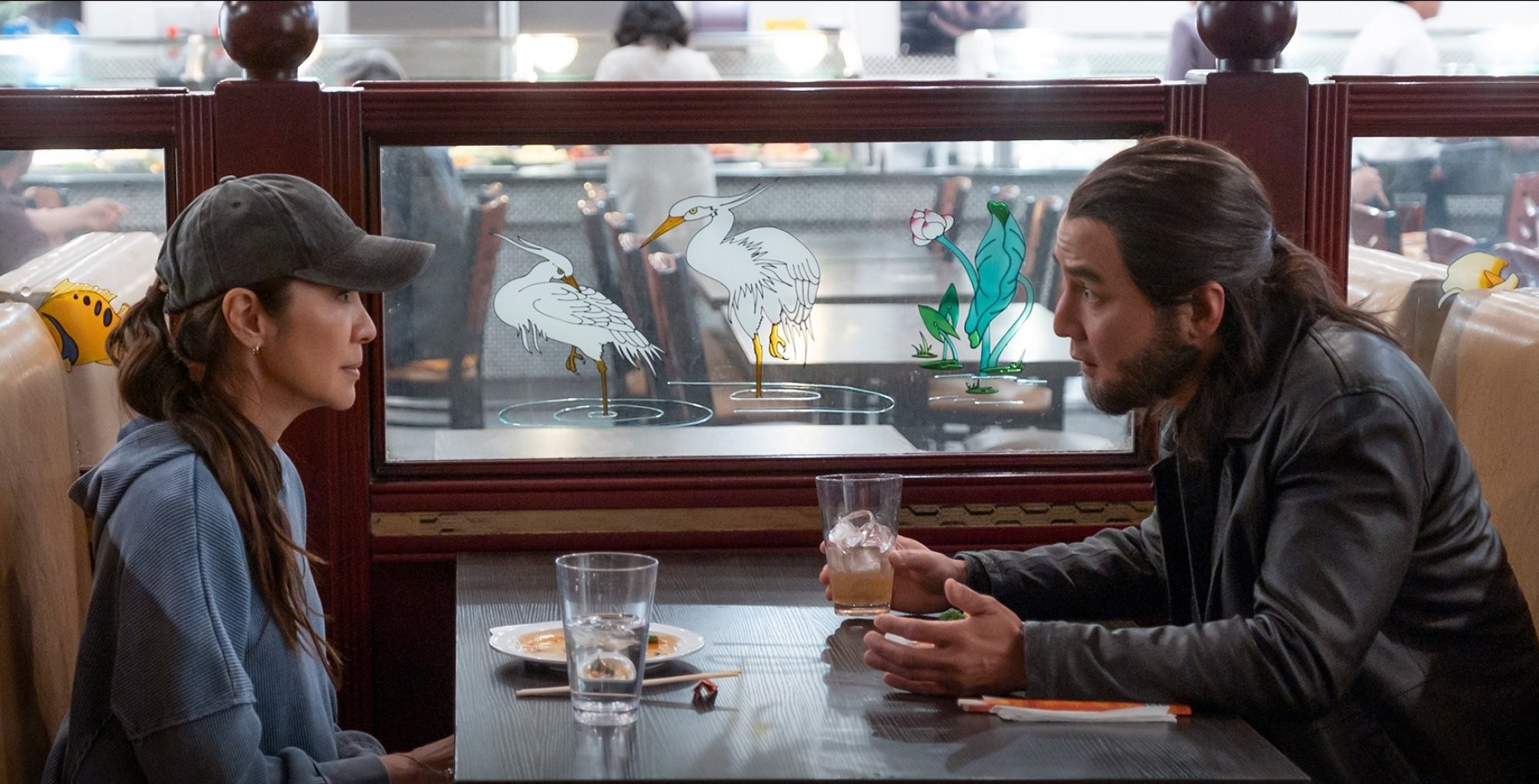
In 2018, for a mainland Chinese reality show, he designed the Mulan Weichang Visitor Centre in China’s Hebei province, which was nominated for the Royal Institute of British Architects International Prize, sometimes dubbed the “Oscars” of the architecture world.
In April 2010, in South Africa, Wu married Monaco-born, New York City-raised model Lisa Selesner – who also made her name in Hong Kong – after eight years of dating. Their daughter Raven was born in May 2013.
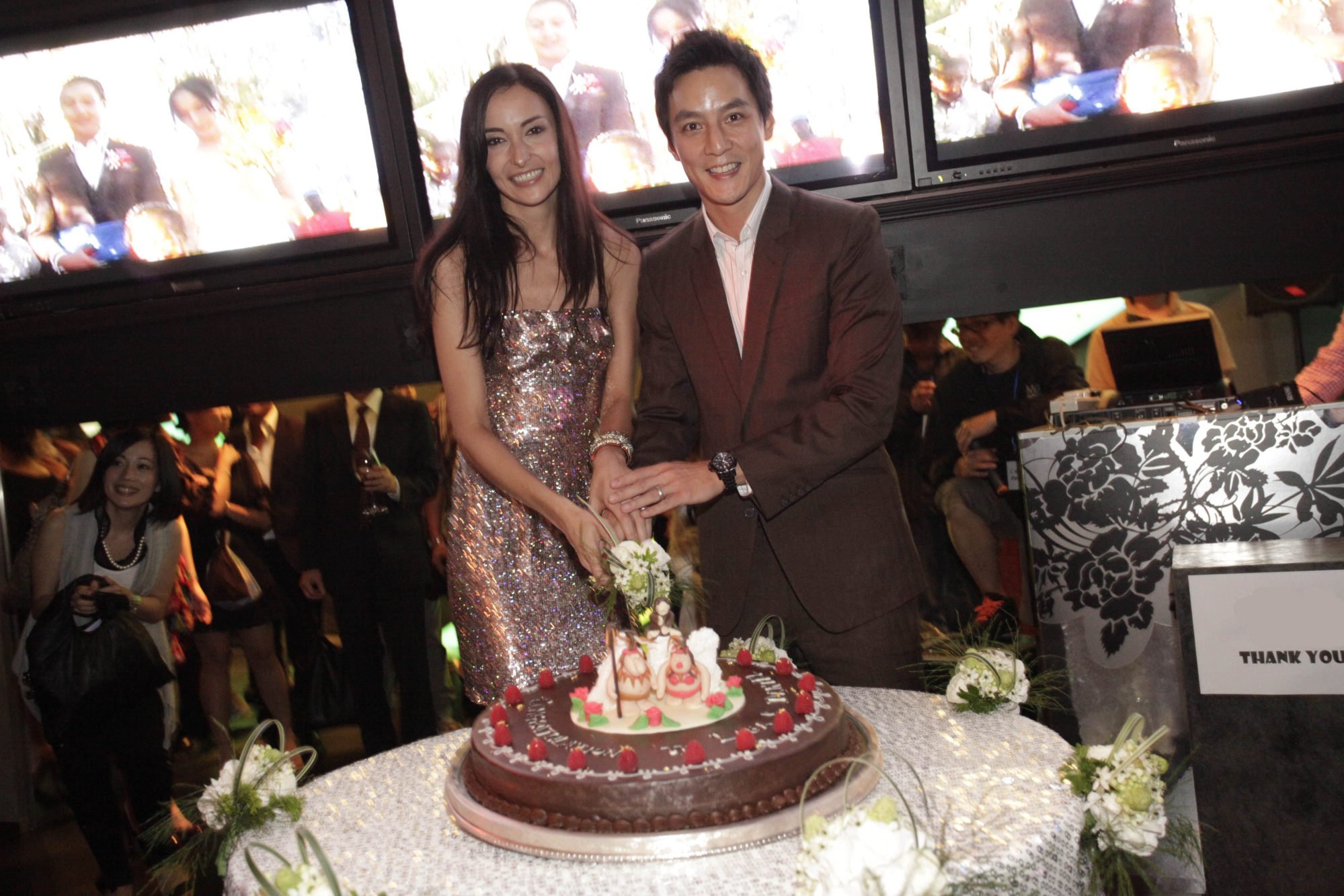
“It’s weird … because while you’re going and moving ahead, you feel like, ‘I haven’t done enough, I haven’t done enough,’ but if you stop and look back, I’ve done quite a lot.
“From all the movies I’ve done and produced, things are moving in the right direction – plus now I have a family and I’m quite happy.”
Denial of responsibility! TechCodex is an automatic aggregator of the all world’s media. In each content, the hyperlink to the primary source is specified. All trademarks belong to their rightful owners, and all materials to their authors. For any complaint, please reach us at – [email protected]. We will take necessary action within 24 hours.
Khushi Patel is a science fiction author who lives in Austin, Texas. She has published three novels, and her work has been praised for its originality and imagination. Khushi is a graduate of Rice University, and she has worked as a software engineer. She is a member of the Science Fiction Writers of America, and her books have been nominated for several awards.

